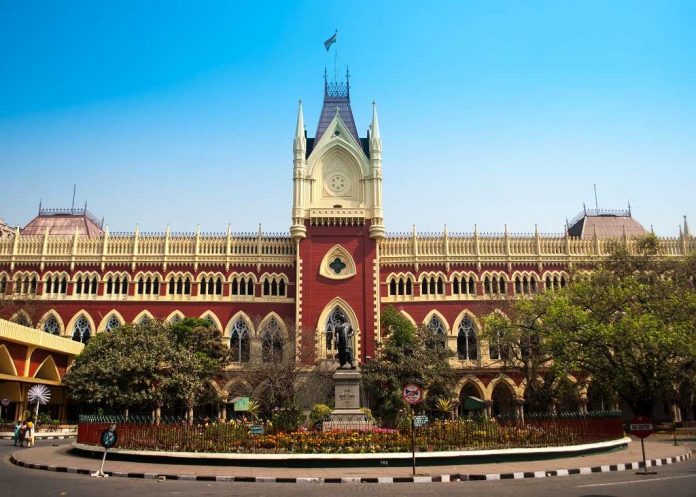The Calcutta High Court on Monday said that if an adult woman decides to marry and convert to her choice of religion and then does not come to the father’s house, then there is no need for the Court to interfere in it.
The bench of Justice Sanjib Banerjee and Justice Arijit Banerjee was hearing the plea of a father who alleged that his daughter has been missing since September 2020 and has converted for marriage.
On December 7, 2020, a report was lodged at the Murutia Police Station in Bengal. In this, a man said that his daughter is 19 years old, she ran away and married a man named Asamul Sheikh.
A statement of his daughter Pallavi Sarkar was also shown in court. In this statement recorded on September 16, 2020, his daughter said that she had a relationship with Asamul and that she is living with him on her own free will. Her father said in the High Court that on the day his daughter’s statement was recorded, he was not allowed to meet her. His daughter has changed her name to Ayesha Khatun.
The petitioner (father of the daughter) raised apprehensions that she may have been induced to give her police statement. Therefore, the woman gave a second statement before the Magistrate, again indicating that she was not under any coercion or undue influence. This was also not sufficient to convince her father.
The High Court ordered that both the man and the woman should give a statement in front of Saibal Bapuli, the Additional Public Prosecutor, in Bapuli’s chamber on December 23, so that it can be ascertained whether the woman is really giving a statement under pressure. The judge has also said that when they come together, there will be no one else in their room.
Also Read: Delhi HC issues notice on plea alleging discrepancy in NEET OMR sheets
Last month, the Uttar Pradesh Governor gave her assent to the ordinance to stop incidents of so-called “love jihad”. Under this ordinance, there is a provision of imprisonment for a maximum 10 years and fine for the marriage by deceit, fraud, seduction or forced conversion. Under this ordinance, such conversion will be brought under the category of crime which is being done by deceit, fraud, temptation, coercion or wrongful influence to bring a person from one religion to another by marriage or any fraudulent manner.


